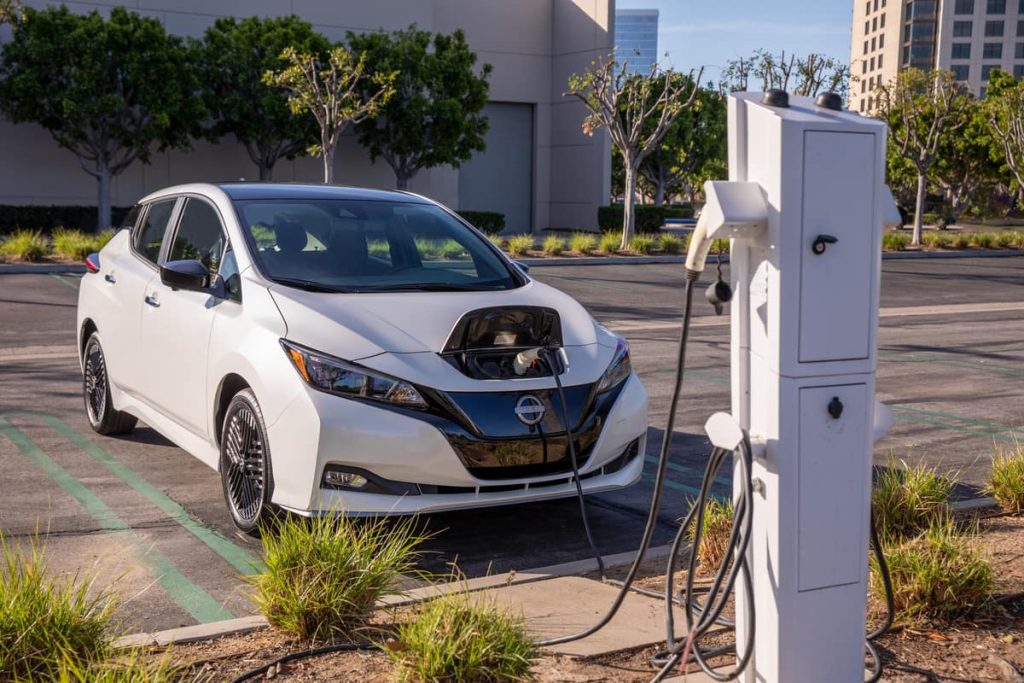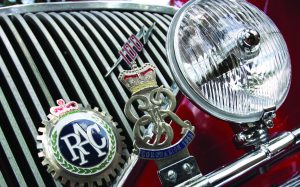Nissan Leaf A Pioneer in Electric Vehicles

Nissan Leaf A Pioneer in Electric Vehicles
The Nissan Leaf was one of the first mass-produced electric cars to be introduced to the market, making it a pioneer in the electric vehicle revolution. Its affordable price and practical design have contributed to its popularity.
Key Features of the Nissan Leaf:
- Electric Powertrain: The Leaf is powered by a single electric motor, providing a smooth and quiet driving experience.
- Long Range: The Leaf offers a competitive range, allowing for comfortable daily commutes and even longer trips.
- Advanced Technology: The Leaf is equipped with a touchscreen infotainment system, driver-assistance features, and over-the-air software updates.
- Affordability: The Leaf is priced competitively compared to other electric vehicles, making it accessible to a wider range of buyers.
- ProPILot Assist: The Leaf offers advanced driver-assistance features, including ProPILot Assist for semi-autonomous driving.
Benefits of the Nissan Leaf:
- Zero Emissions: The Leaf produces no tailpipe emissions, contributing to a cleaner environment.
- Lower Operating Costs: Electricity is generally cheaper than gasoline, resulting in lower fuel costs for Leaf owners.
- Government Incentives: Many governments offer incentives such as tax credits or rebates to encourage the adoption of electric vehicles like the Leaf.
- Easy Charging: The Leaf can be charged at home or at public charging stations, making it convenient for daily use.
Challenges and Future Outlook:
- Battery Degradation: Like all electric vehicles, the Leaf’s battery may experience gradual capacity loss over time. However, with proper care and maintenance, battery degradation can be minimized.
- Charging Infrastructure: The availability of charging stations remains a challenge in some areas, potentially limiting the practicality of long-distance travel in the Leaf.
- Competition: The electric vehicle market is highly competitive, with other manufacturers offering similar vehicles.
The Nissan Leaf has played a significant role in popularizing electric vehicles and has been a successful model for Nissan. While it faces competition from newer electric vehicles, the Leaf’s affordability, reliability, and practical design continue to make it a popular choice for many drivers. As the electric vehicle market continues to evolve, the Leaf’s future success will depend on its ability to adapt to changing consumer preferences and technological advancements.




